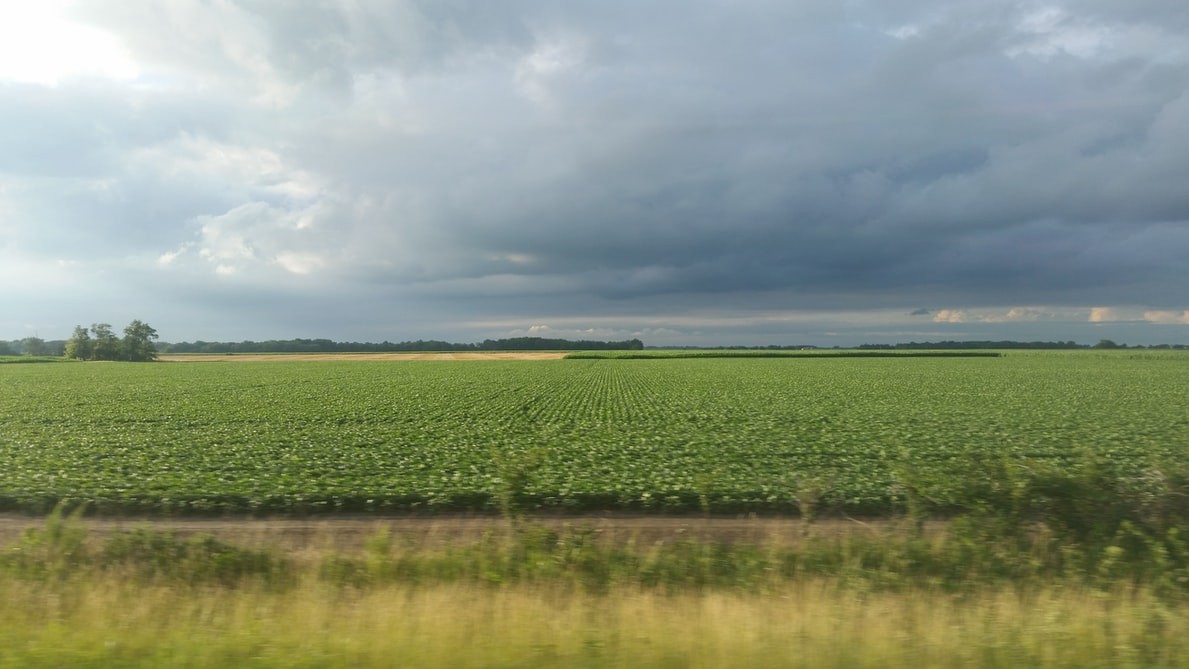World Milk Day 2024 Report – Celebrating Dairy’s Vital Role in Nutrition and Sustainability
This year, on June 1, we celebrated the vital role that dairy plays in delivering…
The COVID-19 pandemic reminds us of the primacy of access to food for food security. The immediate problem has been access to food and the need for shelf-stable foods. Disruption at borders and supply chains will have a medium term and longer if there are challenges getting the inputs into the ground or the harvest off next growing season.
 Governments should facilitate trade transactions, as well as access to inputs and tools to avoid food and feed shortages. Farmers and others working on food supply chains must be considered essential workers. They should also be eligible for social protection measures. We must do everything to avoid this health crisis from becoming a food crisis, as emphasized Thanawat Tiensin, Chairperson of the Committee on World Food Security.
Governments should facilitate trade transactions, as well as access to inputs and tools to avoid food and feed shortages. Farmers and others working on food supply chains must be considered essential workers. They should also be eligible for social protection measures. We must do everything to avoid this health crisis from becoming a food crisis, as emphasized Thanawat Tiensin, Chairperson of the Committee on World Food Security.
That includes addressing other food security challenges like the locust outbreak in the horn of Africa. Keeping food moving from farm to table must be a priority, as pointed the International Agri-Food Network. Emerging ag serves as the secretariat for the International Agri-Food Network (IAFN). Read more about agriculture’s response to COVID-19 at the International Agri-Food Network website. There are more than 30 links to materials as well as some heartening examples of commitments made in the face of these challenges. If you have more examples from your work, please don’t hesitate to send me links.
I also briefly spoke about COVID’s challenges to food systems at Agritecture’s Digital Conference Series, available here.